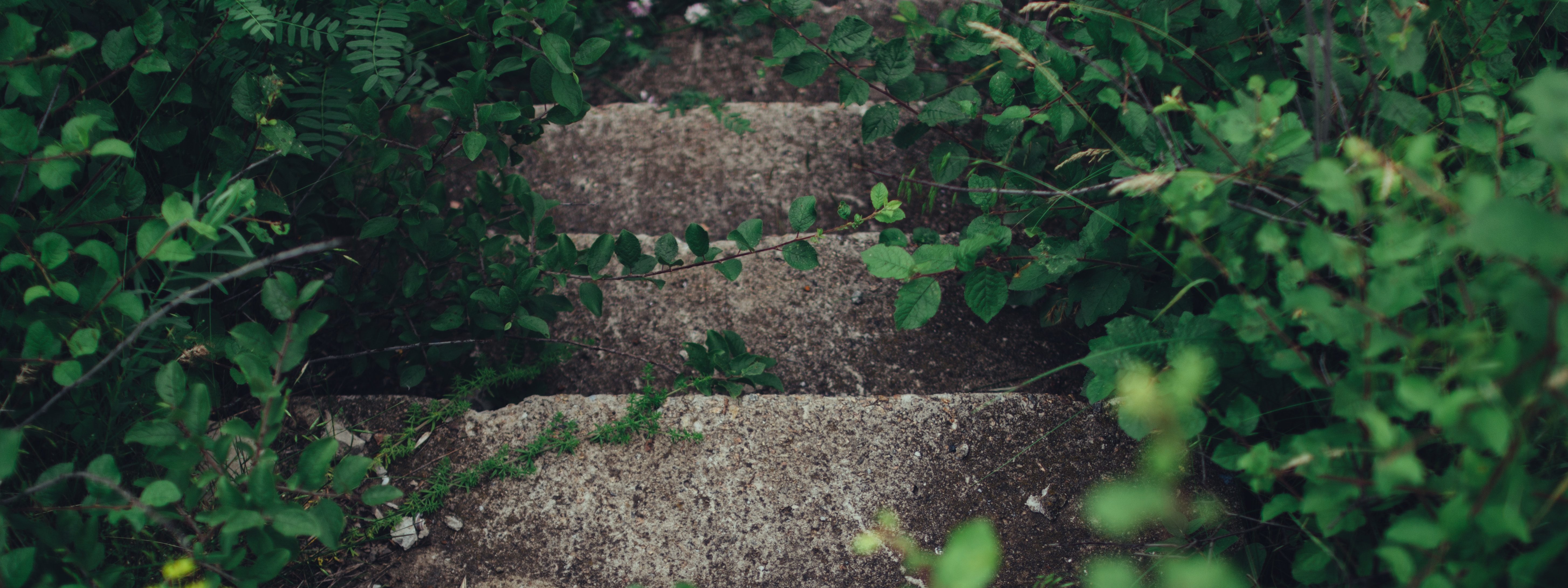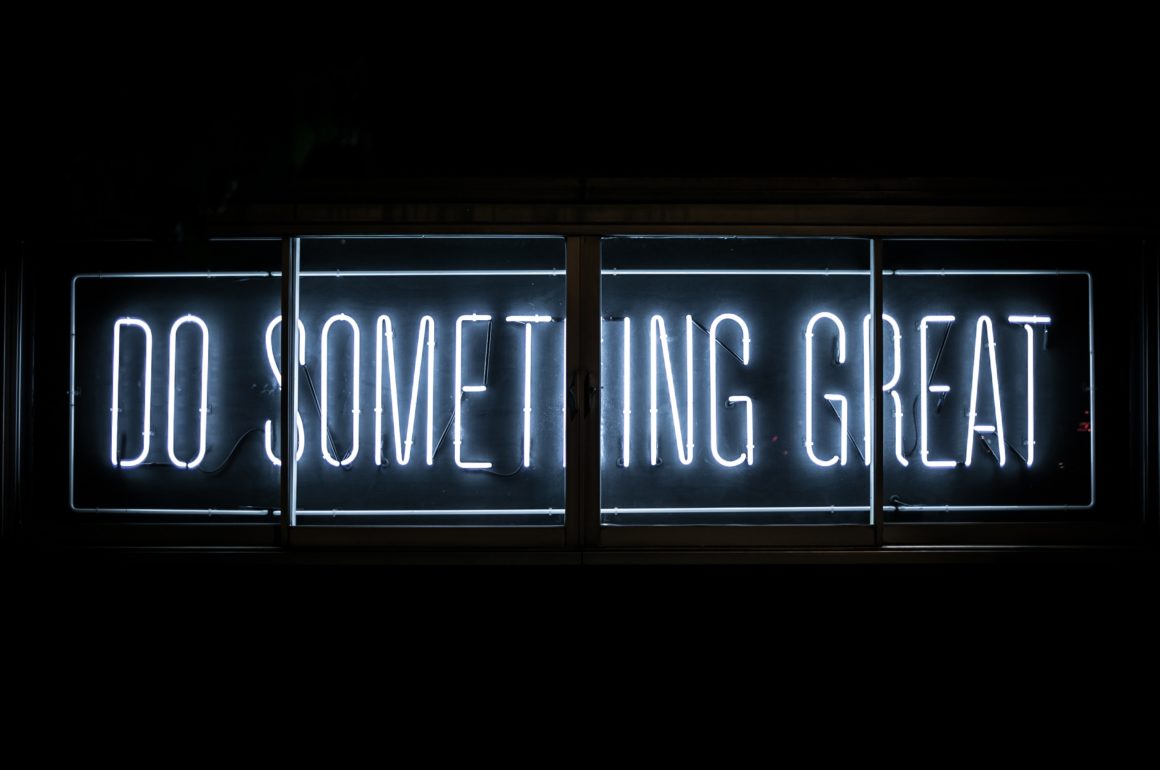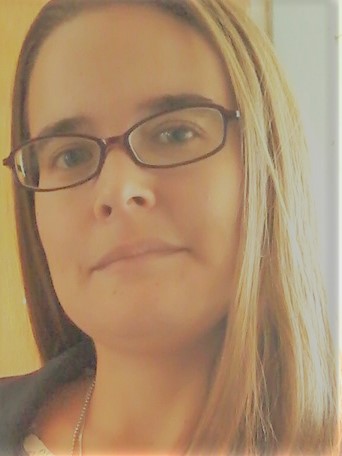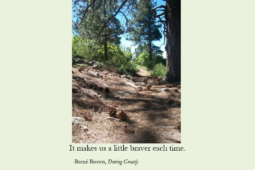We are already acting in ways that determine our future. However, we are often not aware of what we are doing. All of our actions are behaviors. We have used those behaviors to form habits. Sometimes we have created really great habits that will propel our lives forward. Other times we have unintentionally created habits that will keep us stuck and drain our momentum. Let’s look at why behavior change is important for personal growth.
Behavior and it’s Effects
If it is something we are doing, it is a behavior.
Sometimes our learned behaviors don’t serve us in the way we would like.
Think about how much of our financial situation is based on our behavior. Consider how much of our struggle with reaching a healthy weight or growing in our spirituality is based on our behavior. Even our success or failure in a particular job or relationship is based on our behavior.
Behavior Change Important for Personal Growth
In my journey to set goals that I will actually keep, I am learning that a lot of my success or failure in meeting goals are affected by my behavior. What am I doing to make it more likely that I meet the goals I set? I am learning to look critically at my actions and seek ways to improve my behaviors.
Tips for Taking a Step to Change Your Behavior
These tips might seem incredibly basic, but sometimes I think we make things too complicated.
2 Aspects of Behavior Change:
- All the change shouldn’t happen at once.
If one habit takes 66, or more, days to become ingrained we should limit the changes we focus on.
- Give yourself time to understand the why.
When you are setting a behavior goal/trying to build a new habit, it’s important to slow down and understand the why.
Now, let’s unpack these aspects.
Change Takes Time
Changing behavior takes time. It is a fast world we live in, but if you want to change your behavior or build new habits give yourself time.
If you want to build a new habit, the average number of days that it takes to build a new habit is 66 days. It might take less than 66 days, but it also might take more than 66 days (based on a research article by Dr. Phillippa Lally on habit formation).
If we take on too many behaviors at once we are more likely to fall off the behavior-change-wagon.
Understand The Why
The last time I set a health goal and did not take the time to understand why the changes were important, I didn’t achieve what I wanted to achieve. I wanted to take the fast track. I made a goal to establish the new habits without a deeper understanding of why my habit changes would be important.
Instead of going somewhere and accomplishing my health goal, I fell off the behavior-change-wagon…after a day or two. I did not take time to understand the why.
Summary
In Conclusion, our habits can either move us forward or keep us stuck. To continue to grow we need to look at our behaviors and their effects. If we are trying to change our behaviors we need to remember 2 things. 1) Take it slow. 2) Understand why the change is important.
If you’re focused on behavior change and personal growth give me an “I’m in” in the comments below.
Behavior Challenge: Think of a goal that you have or a goal that you want to set. Dig deep into why this goal is important to you. If you have already identified a “why” for your goal, go back and revisit your “why” to help you keep up your motivation.
_________________________________
Read more on Habit Formation:





 One behavior change at a time.
One behavior change at a time.







Recent Comments